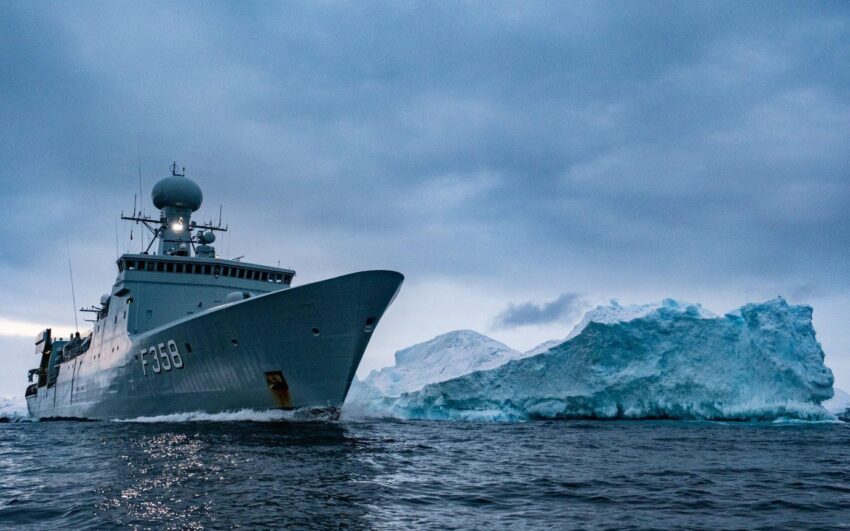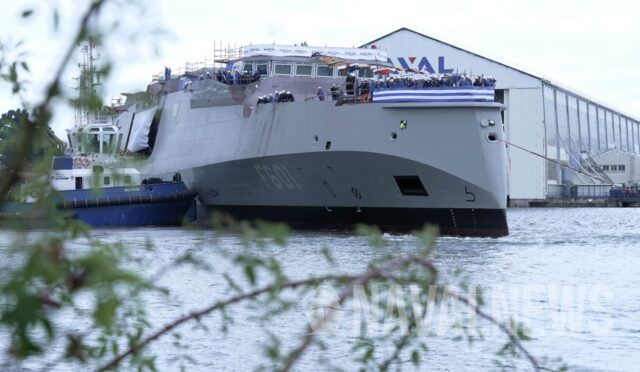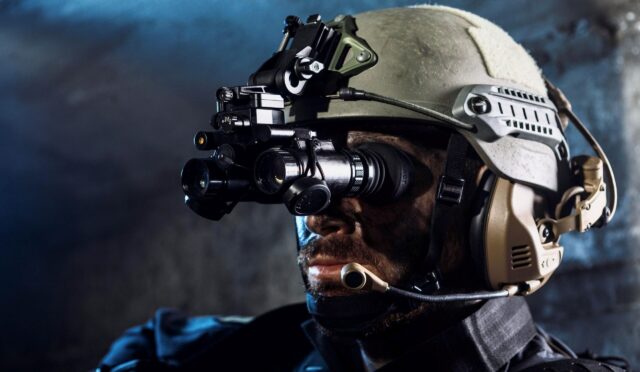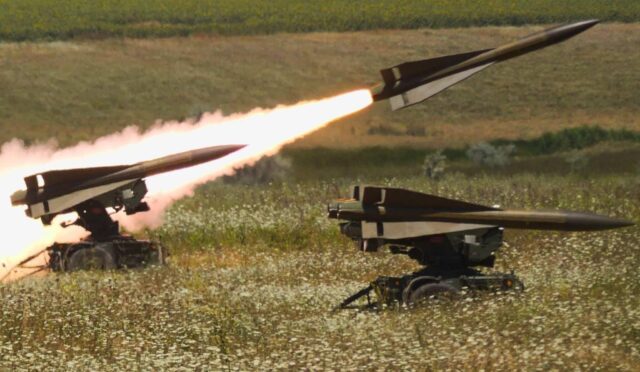Germany’s Naval Commitment to Arctic Security
Germany’s Defense Minister Boris Pistorius announced on Monday the country’s decision to deploy naval ships to the Arctic, addressing growing concerns over a military buildup by Russia in the region. In a press conference held alongside Danish Defense Minister Troels Lund Poulsen, he emphasized the increasing maritime threats, stating, “Maritime threats are increasing… To name just a few, Russia is militarizing the Arctic.” He specifically noted a rise in Russian submarine activity that warrants immediate attention.
This proactive stance is scheduled to materialize later this year as Germany aims to bolster its naval presence in both the North Atlantic and Arctic. This initiative reflects not only the heightened security focus in the Arctic but also parallels recent comments by U.S. President Donald Trump regarding the importance of Greenland’s strategic position, highlighting concerns over national security and defense investments. As climate change continues to alter the landscape of the Arctic, new shipping routes and resource access become key geopolitical factors.
Strategic Collaboration in the Arctic
In light of these developments, Norway has allocated significant investments to strengthen security in the Arctic. The Danish government announced a commitment of 14.6 billion kroner (approximately $2.3 billion) for security enhancements in conjunction with Greenland and the Faroe Islands. This collaborative effort underscores the urgency of addressing potential threats and strengthening regional defense capabilities amidst the changing environmental landscape.
According to Minister Pistorius, Germany’s naval support ship, Berlin, will embark on a mission dubbed “Atlantic Bear,” which involves traveling from Iceland to Greenland and on to Canada. Throughout this mission, the German navy plans to conduct joint exercises with allied forces in the region, marking a significant step in international military cooperation within the Arctic.
Deployment of Military Assets
Highlighting Germany’s commitment, Pistorius mentioned the significance of this mission, particularly the planned first port call to Nuuk in Greenland. Additionally, for the first time, Germany intends to participate in the Canadian Arctic exercise known as Nanook. This participation will include deploying maritime patrol aircraft, submarines, and frigates, showcasing Germany’s readiness to engage in Arctic defense strategies.
Meanwhile, Danish Defense Minister Poulsen indicated that new investments aimed at enhancing Arctic security would be announced later this week. This highlights the ongoing commitment from both Germany and Denmark to ensure stability and security in the Arctic amid rising military activities in the region.







